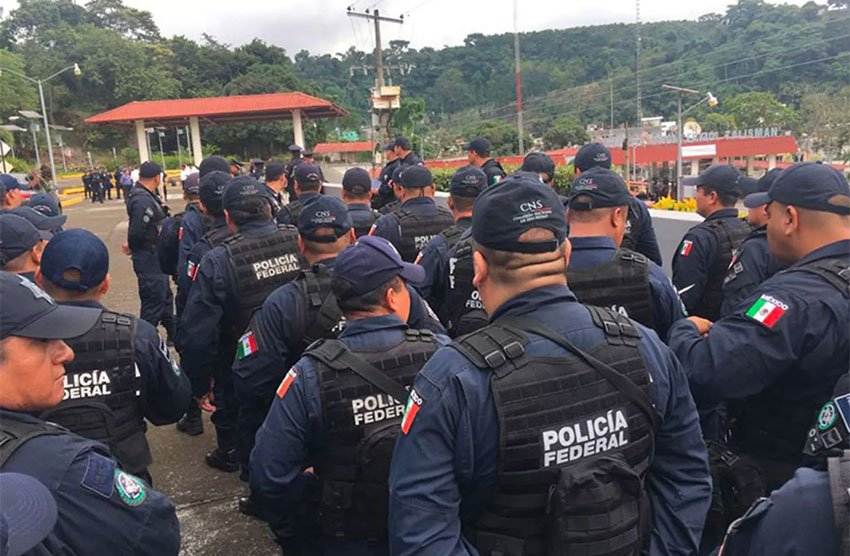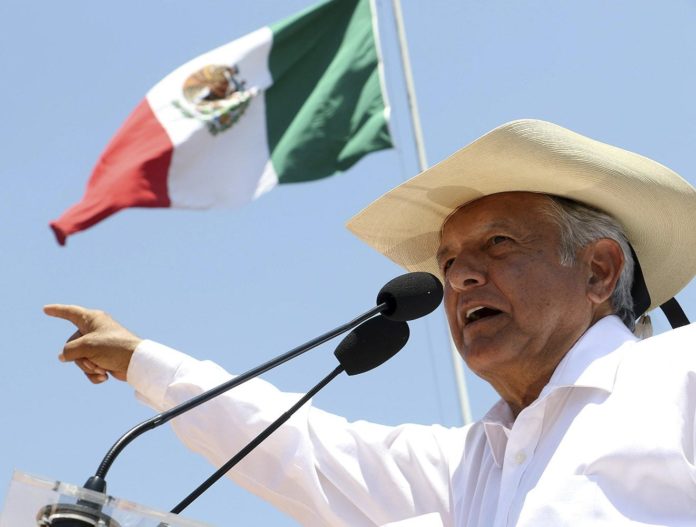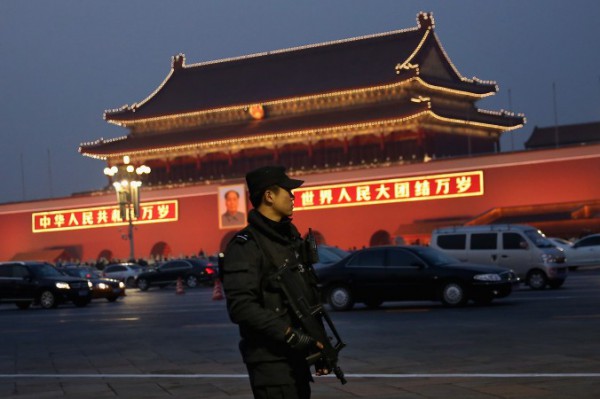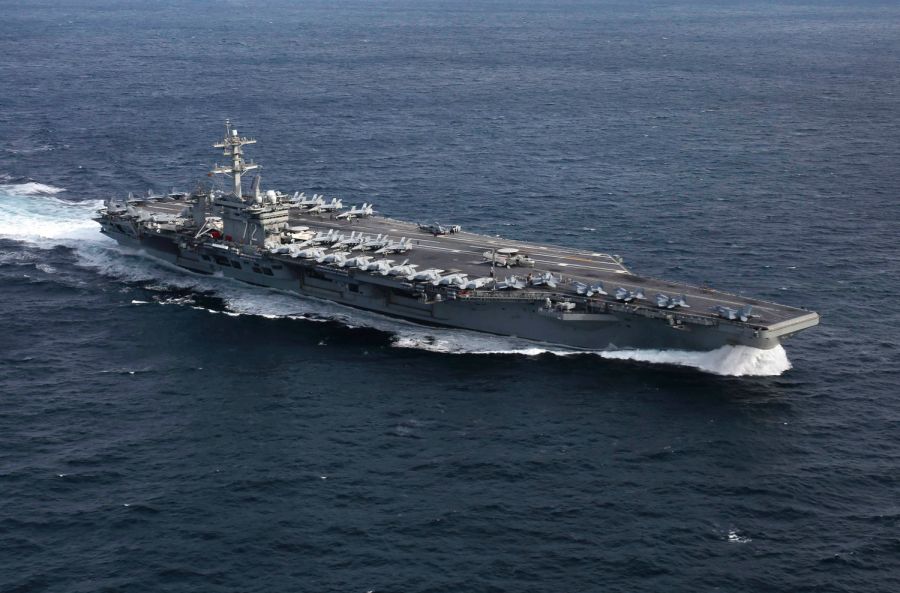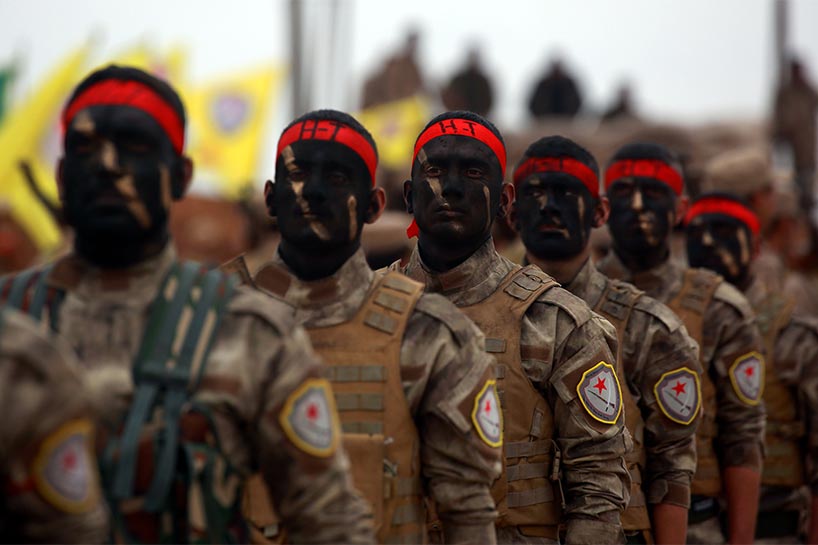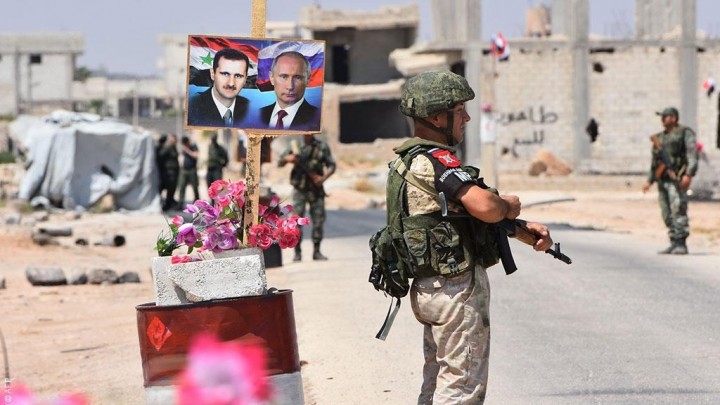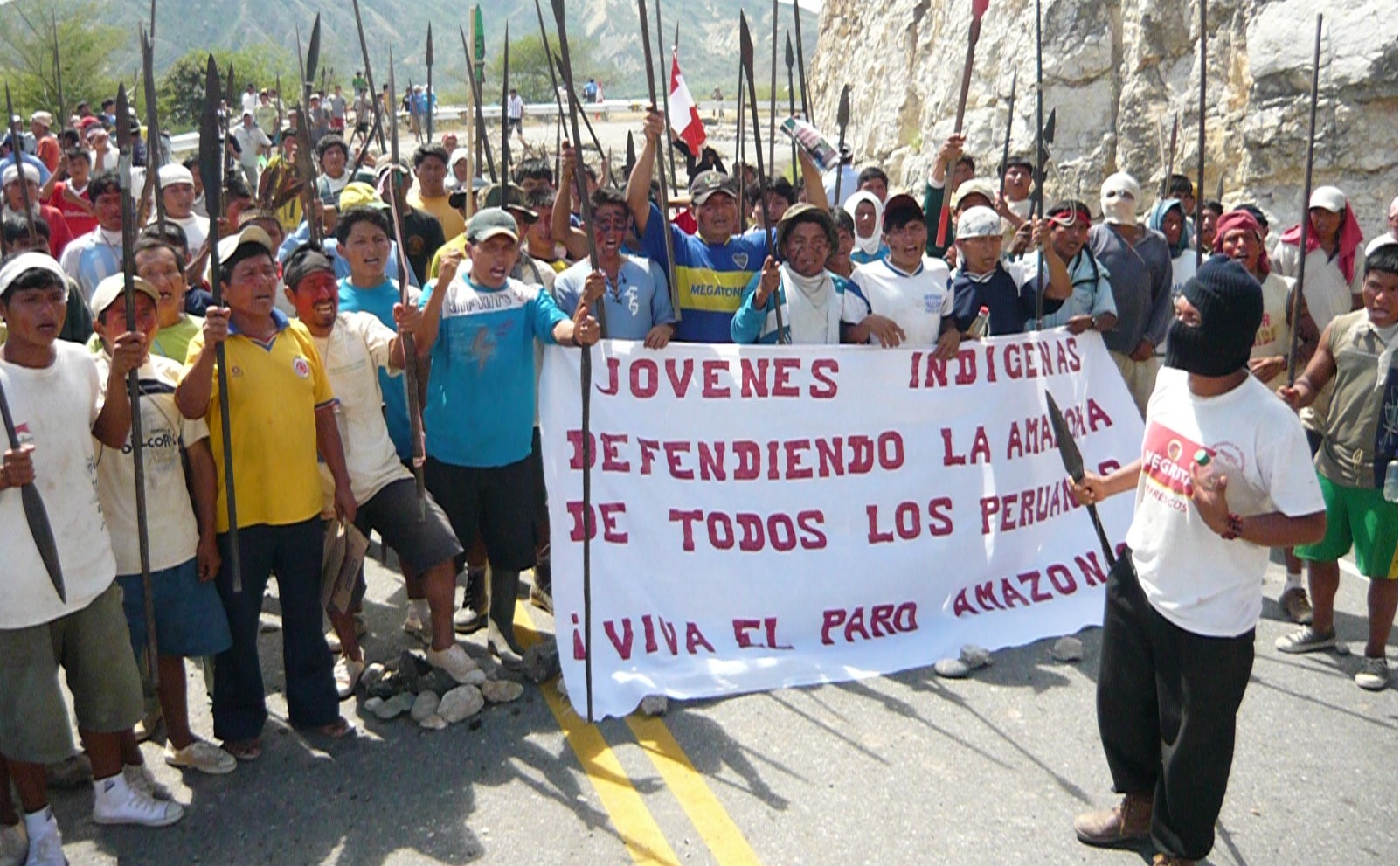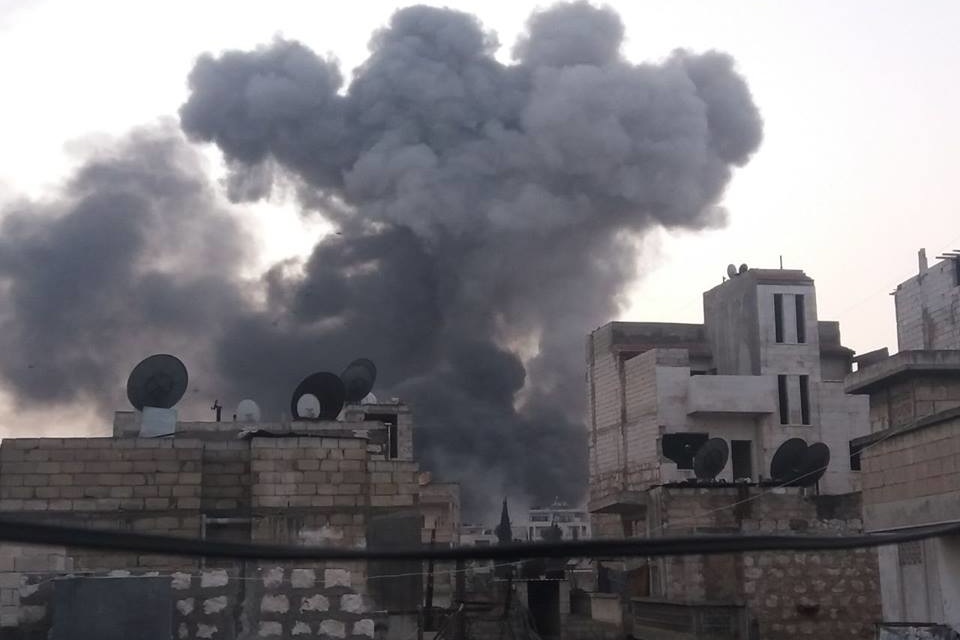
CounterVortex on one-week hiatus
CounterVortex will be on one-week hiatus June 10-17, while producer and main blogger Bill Weinberg is traveling. Both our Daily Report and weekly headlines mailing (subscribe here) will resume upon his return. As always, we need your support. If you appreciate our rigorous coverage and dissident views, please show it with a small donation. This is an especially critical time for us, as we are preparing a new, upgraded, mobile-friendly and more visually exciting website—and the transition is a rather arduous process. We hope to unveil the upgraded site within the coming weeks. Please stay tuned.



